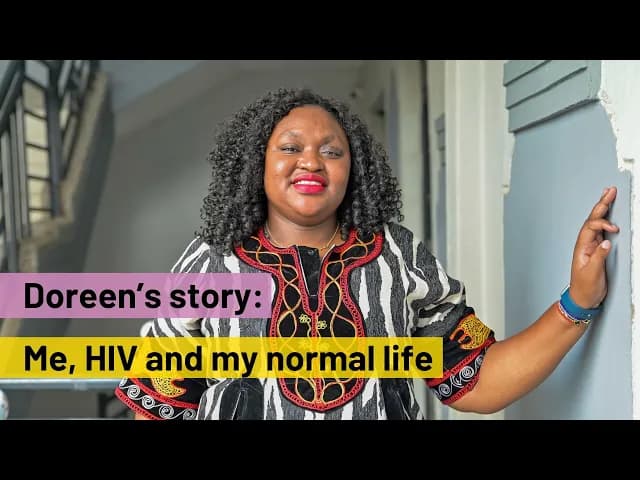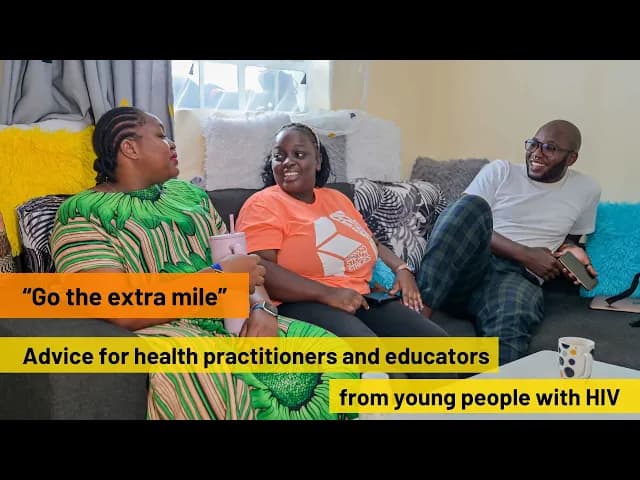It’s important to know that young people with HIV might feel especially vulnerable when they try to access health services and support. This can be through:
- A need for parental consent. In some countries and regions, the law requires a parent or guardian’s consent for young people to access health services such as HIV testing, HIV treatment and accessing contraceptives. Some young people may not feel able to speak openly to their parents about their circumstances and need for health services.
- Misinformation about what health services involve. Inaccurate information circulated by word of mouth or social media may deter young people from accessing health services.
- Self-stigma - feeling ashamed for having HIV and expecting judgement from others.
- Lack of access due to limited resources. This can look like young people not being able to travel to a clinic or not being able to get an appointment outside of their work or school commitments, or it could be low availability of HIV testing or treatment supplies.

